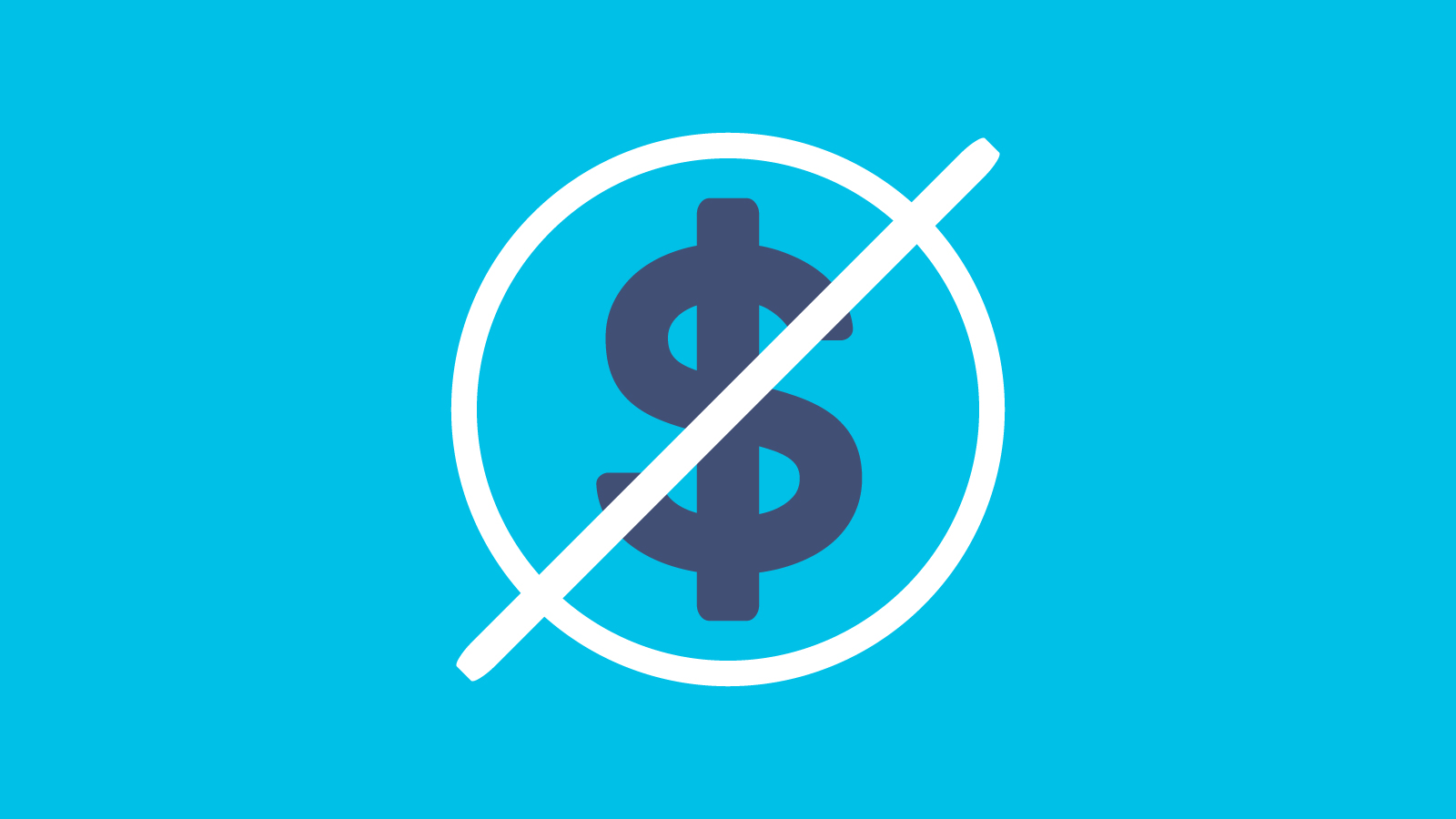Freebies and Opportunities for Science and STEM Teachers, January 31, 2023
By Debra Shapiro

Freebies for Science and STEM Teachers: Grades K–College
Data Nuggets
Data Nuggets are classroom activities collaboratively designed by scientists and teachers to bring contemporary science research and authentic data to K–college classrooms. Developed by Michigan State University with National Science Foundation funding, Data Nuggets aim to help scientists share their research and data with the public while also engaging students of all ages in authentic research and quantitative reasoning. In every Data Nugget activity, students are guided through science processes, including identifying hypotheses and predictions, visualizing and interpreting data, supporting claims using data as evidence, and asking their own questions.
QUIZizz.com
Featuring thousands of ready-made quizzes and interactive lessons in science and other subjects in their library, Quizizz.com can help K–12 teachers support student learning in the classroom. Teachers can use the quizzes to help students recall facts for review or assign interactive lessons that meet specific student needs. Teachers can also preview the material before assigning it, as well as edit the quizzes. Use the program database to search for quizzes and lessons of interest, selecting relevant grade level and subject parameters as appropriate. (Note: Teachers need to create a free account to view and access the quizzes in the quiz library.)
Freebies for Science and STEM Teachers: Elementary and Middle Level
Teaching Tools About the Arctic
Wild Classroom, World Wildlife Fund’s education arm, has a new curriculum unit that gives students a chance to learn about the Arctic’s unique ecosystem while exploring topics about local communities, food webs, and climate change. Designed to be used with grades 3–8, this free resource includes an educator’s guide, discussion questions, cross-curricular and standard-aligned lesson plans, quizzes, printables, and videos.
Freebies for Science and STEM Teachers: High School
Health Science Highway Webinar Series
This series of three webinars for high school teachers and students is focused on the science behind and the many career opportunities within Health Science fields, including nursing and human physiology, pharmacology, and radiology. The approximately hour-long webinar presentations, developed as part of the Center for Excellent Education’s Teacher Enrichment Program, feature presentations from industry professionals in relevant fields, followed by a question-and-answer session.
Opportunities for Grades K–College
2023 GroMoreGood Grassroots Grant
The Scotts Miracle-Gro Foundation and KidsGardening have launched this grant, which will award a total of 160 programs $500 in funding to start or improve their youth gardens or greenspaces. Any nonprofit organization, school district, university, government entity, or tax-exempt organization (like religious organizations and Tribal governments), in the United States and U.S. Territories serving at least 15 youth are eligible to apply. (Deadline February 10)
AAPG Foundation Teacher of the Year Award
The American Association of Petroleum Geologists presents this $6,000 award ($3,000 for school use under the teacher's supervision for educational purposes and $3,000 for the teacher’s personal use) to a K–12 teacher in the United States who has demonstrated outstanding leadership in the field of geoscience education. Your online application should include material taught during the academic year ending the previous spring or summer semester. (Apply by March 31.)
Opportunity for Middle Level
Sally Ride EarthKAM @ Space Camp Mission
EarthKAM (Earth Knowledge Acquired by Middle School Students), an educational outreach program, allows middle school students worldwide to take pictures of Earth from a digital camera on board the International Space Station (ISS). During EarthKAM missions (periods the EarthKAM camera is operational), middle school students request photos of specific locations on Earth. The next mission is scheduled for February 14–17. All students and educators are welcome, including participants in after-school programs.
Opportunity for Grades 6–12
Toshiba America Foundation Grants
Teachers of grades 6–12 can apply online for a Toshiba America Foundation grant of less than $5,000 to help bring an innovative project into their own classroom. If you have an innovative idea for improving STEM (science, technology, engineering, and math) learning in your classroom, and if your idea involves project-based learning with measurable outcomes, apply by March 1. Grant decisions will be made by April 15.
Assessment Careers Climate Change Curriculum Earth & Space Science General Science Instructional Materials Interdisciplinary Lesson Plans Life Science News Research Science and Engineering Practices STEM Teaching Strategies Elementary Middle School High School Postsecondary


